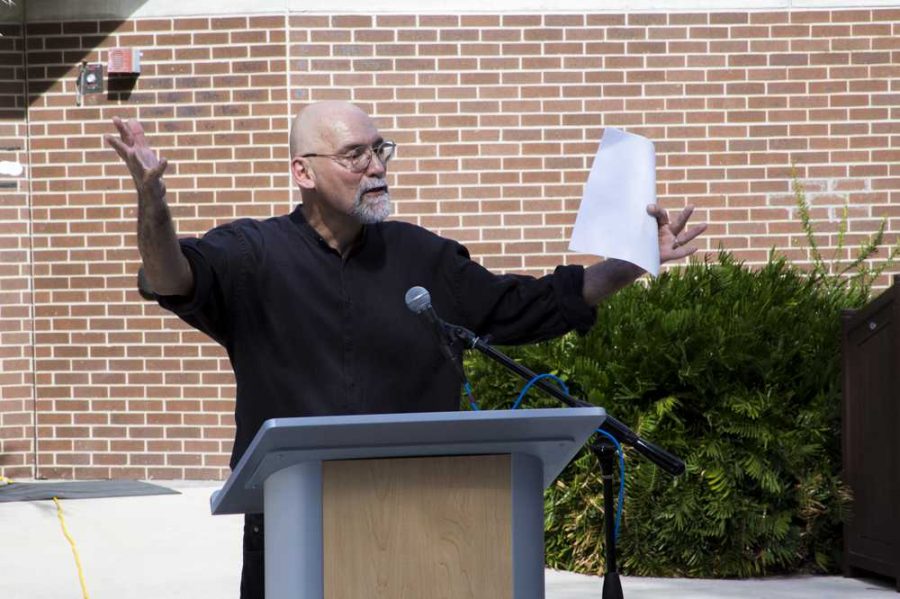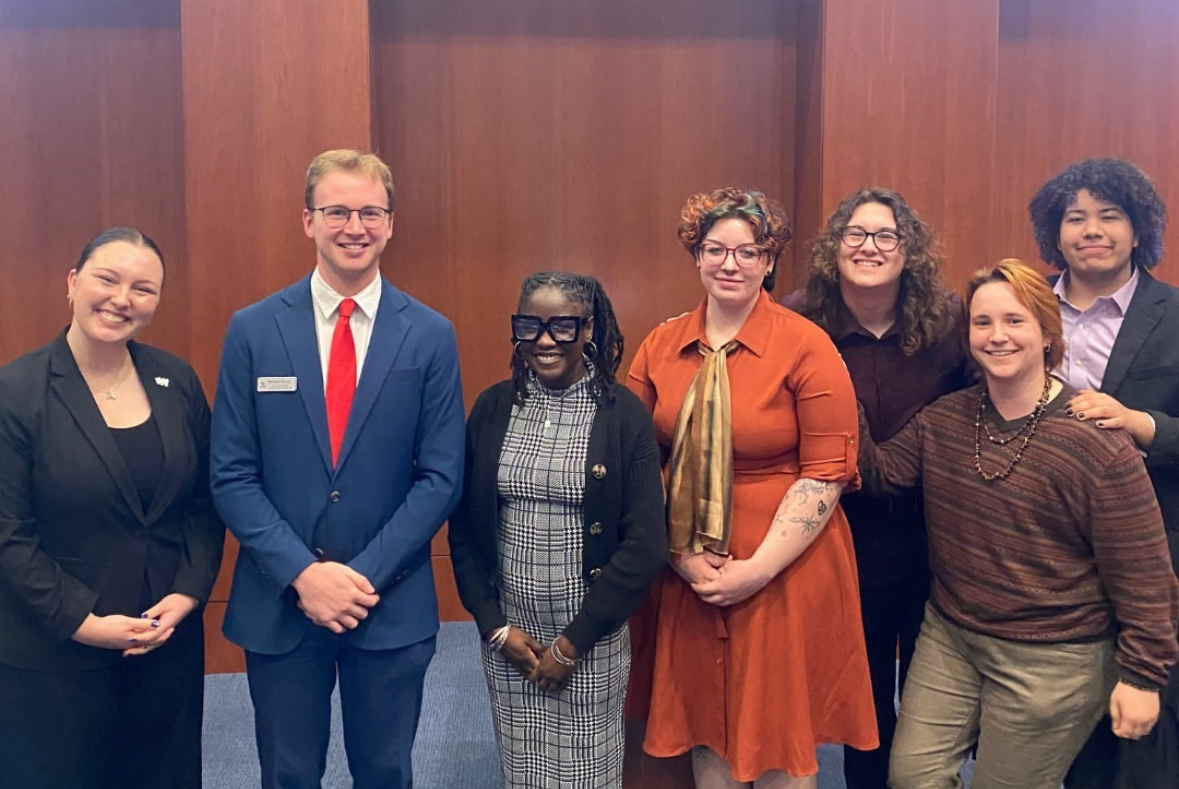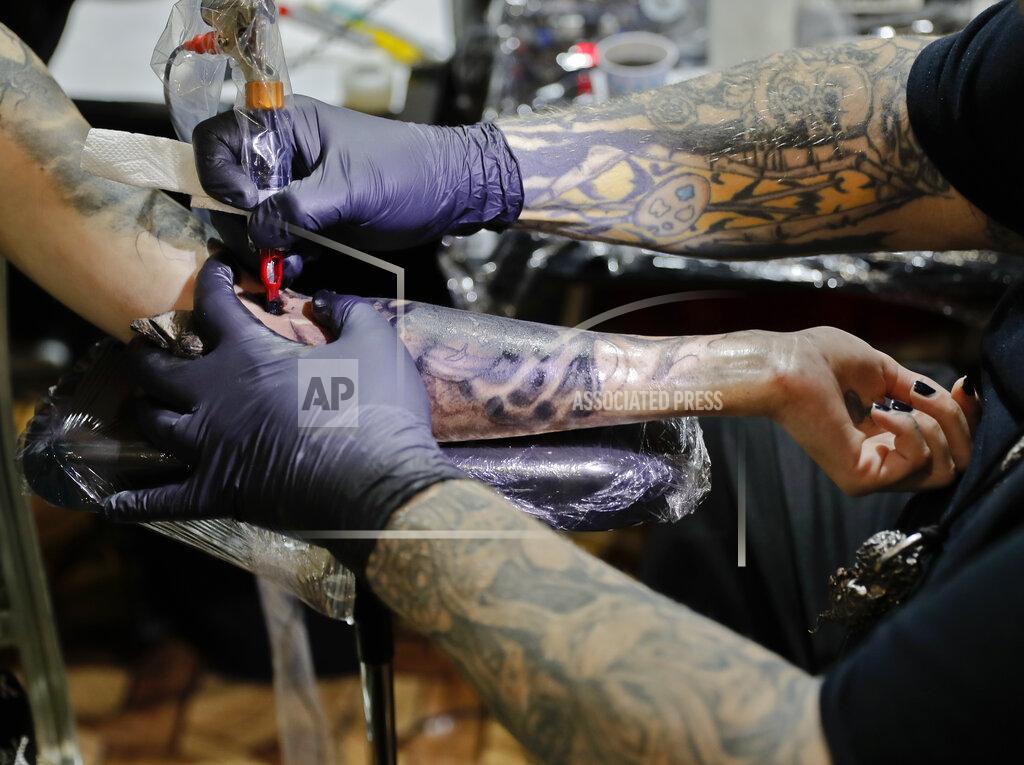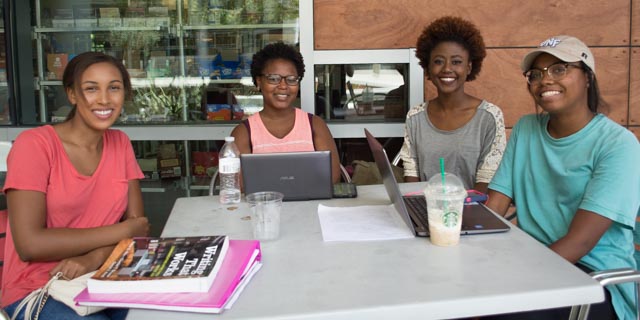
Do you have any tech horror stories?
Chen: “I spilled yogurt on my keyboard, and I thought it would be okay because, you know, it’s yogurt. And then the guy was like, “Oh, you’re gonna have to buy a new keyboard” and I’d have to attach the new keyboard with a plug to my computer. So I just bought a new one, but it was bad.”
Jules: “I had to get three phones in a year because I kept dropping it. I’d drop it, and the screen would crack and it would go black. I could hear people texting and calling me, but I couldn’t respond.”
Bradley: “One time, I forgot to save a two page paper and had to type the whole thing over again. And I just had to get a new laptop because everything erased from my old one out of nowhere. It was HP. Never getting that again. Everything was gone.”
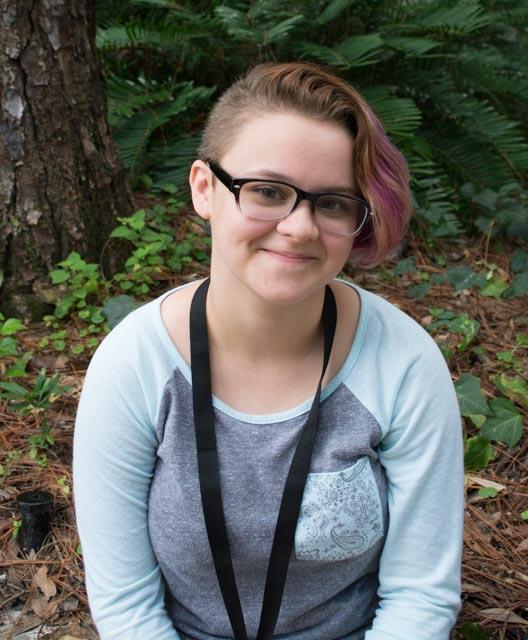
Tell me a story about an encounter you’ve had with technology?
“A couple of years ago, I was younger and my sister is older than me so she was babysitting me. My dad used to take apart computers, and he had computer parts just laying around in our family room. And I called my sister in to get the cat out of my room because she’s not allowed to be in there because of my allergies. My sister comes rushing over and in the process of rushing to my room, she went past some of the computer parts and cut the inside of her pinky toe — in between it and the one next to it — open and so that was a bit traumatic.”
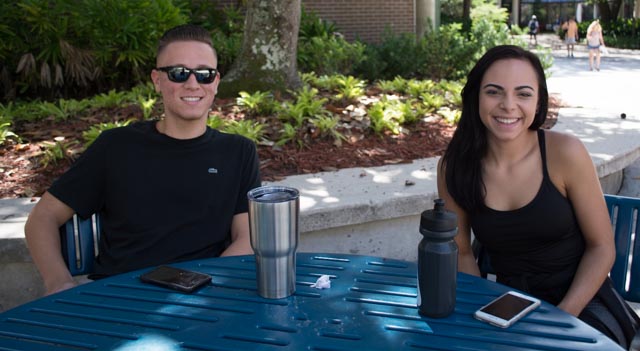
Has technology ever failed you?
Bozic: “I remember one time when I was at work — I work as an Autocad designer for this engineering firm called Apex Technology — and the worst thing that’s happened to me there was just our servers shut down and I couldn’t use my email for work. I couldn’t use my Autocad. I could draft jobs, but I couldn’t actually do anything with those jobs. I was sitting there helpless, I guess.”
Quinones: “The same thing has happened to me with my company. Whenever the system is down, we can’t reach anything in the system so we can’t do anything.”
Do you have any opinions on artificial intelligence and what it might mean for the future?
Bozic: “I like the idea of having it, because it would make everything around us a little more efficient. But there’s also the thing where it takes away some jobs that humans are capable of doing. But you also need people to maintain the AI systems, so it kind of forces people into looking further than lower-skilled jobs and forces them to work harder and forces them to maintain the systems that are taking over.”
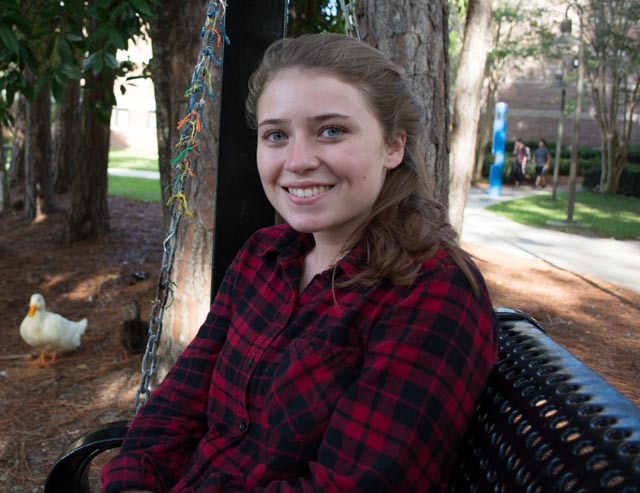
How do you picture our future with regards to artificial intelligence?
I feel like it can go one of two ways. As you look at us as a whole, as a society, we’ve become so much more dependant on technology. We’re losing something, if that makes sense. We’re losing our sense of tangible interactions, I feel. Yeah it’ll benefit us in the medical field, yes, of course. With the advancement of technology with more diseases being cured, et cetera, et cetera. Also, just look at our generation. We put so much emphasis on like, “Oh, I didn’t get a good morning text.” Like, why does that matter? We’re losing our sense of what our relationships are if not over texts. It’s going to be beneficial, but there are setbacks as well.
We use these machines, in a hypothetical situation, to replace our own skill set, does that mean we become more lazy? What are we reduced to if machines do everything for us, what are we?
—
For more information or news tips, or if you see an error in this story or have any compliments or concerns, contact editor@unfspinnaker.com.







